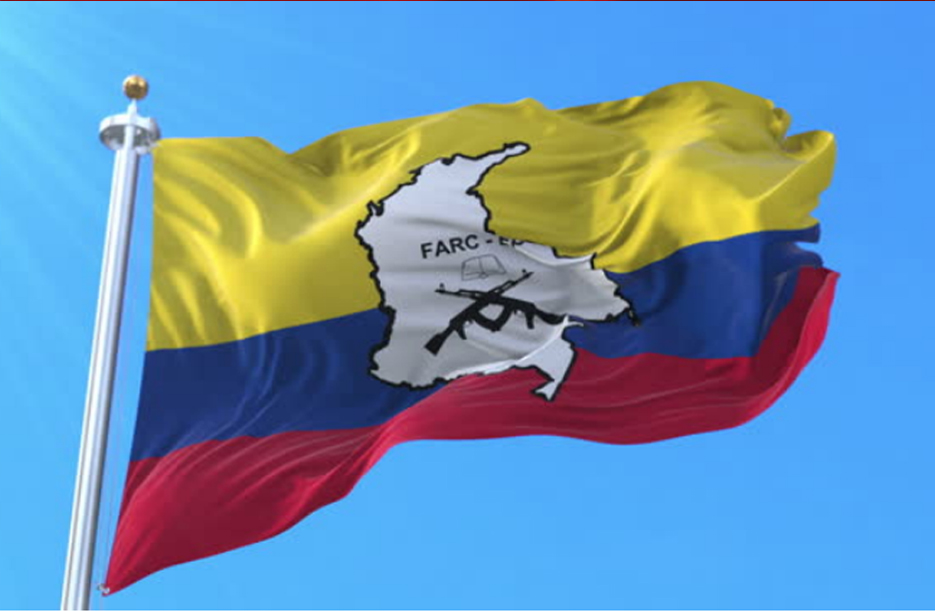
Posted On : Dec 4 2020
Revolutionary Armed Forces of Colombia – People’s Army (FARC-EP)
The Revolutionary Armed Forces of Colombia – People’s Army (FARC-EP), commonly known as FARC, was a Marxist-Leninist guerrilla group that shaped the trajectory of Colombia`s modern history.

Established in 1964, FARC-EP embarked on a decades-long armed struggle against the Colombian government, aiming to address social and economic inequalities through revolutionary means.
Operating predominantly in rural areas, FARC-EP pursued guerrilla warfare tactics against government forces. Over the years, the group gained control over significant regions, challenging state authority and governance in various parts of Colombia. FARC-EP's activities included bombings, kidnappings, and attacks on military and civilian targets, causing significant loss of life and the displacement of countless communities.
A notable aspect of FARC-EP's operations was its involvement in the narcotics trade, particularly cocaine production and trafficking. This allowed the group to finance its activities and sustain its armed campaign. However, the association with drug trafficking tarnished its image and undermined its legitimacy.
After more than five decades of conflict and numerous failed attempts at negotiation, FARC-EP engaged in peace talks with the Colombian government in 2012. The negotiations culminated in a historic peace agreement signed in 2016. As part of the accord, FARC-EP committed to disarmament, demobilization, and reintegration into civilian life.
The agreement marked a turning point in Colombia's history, transitioning FARC-EP from an armed insurgent group to a political party. The former combatants formed the Common Alternative Revolutionary Force (FARC) political party, aiming to promote their socialist ideals through democratic means. This transformation was supported by mechanisms for truth, justice, reparations, and guarantees of non-repetition for victims of the conflict.
However, the transition from armed struggle to political participation was not without challenges. Issues such as the reintegration of former fighters, land reform, and ensuring justice for victims posed significant hurdles. Additionally, there were concerns about the security of former combatants and the implementation of the peace agreement in remote regions where state presence had been limited.
The FARC-EP's trajectory underscores the complexity of addressing deeply entrenched conflicts. Its history reflects not only the dynamics of insurgency and counterinsurgency but also the intricate interplay of politics, ideology, and socio-economic disparities. While the peace agreement marked a crucial step towards ending the conflict, the aftermath of the armed struggle continues to shape Colombia's present and future.
In conclusion, the Revolutionary Armed Forces of Colombia – People’s Army (FARC-EP) was a pivotal actor in Colombia's history, contributing to the country's narrative of conflict and peace. Its transformation from an armed group to a political party exemplifies the challenges and opportunities inherent in post-conflict reconciliation and nation-building. The legacy of FARC-EP serves as a reminder of the complexities involved in achieving lasting peace and stability in the face of deep-rooted challenges.
No Comments Added




















